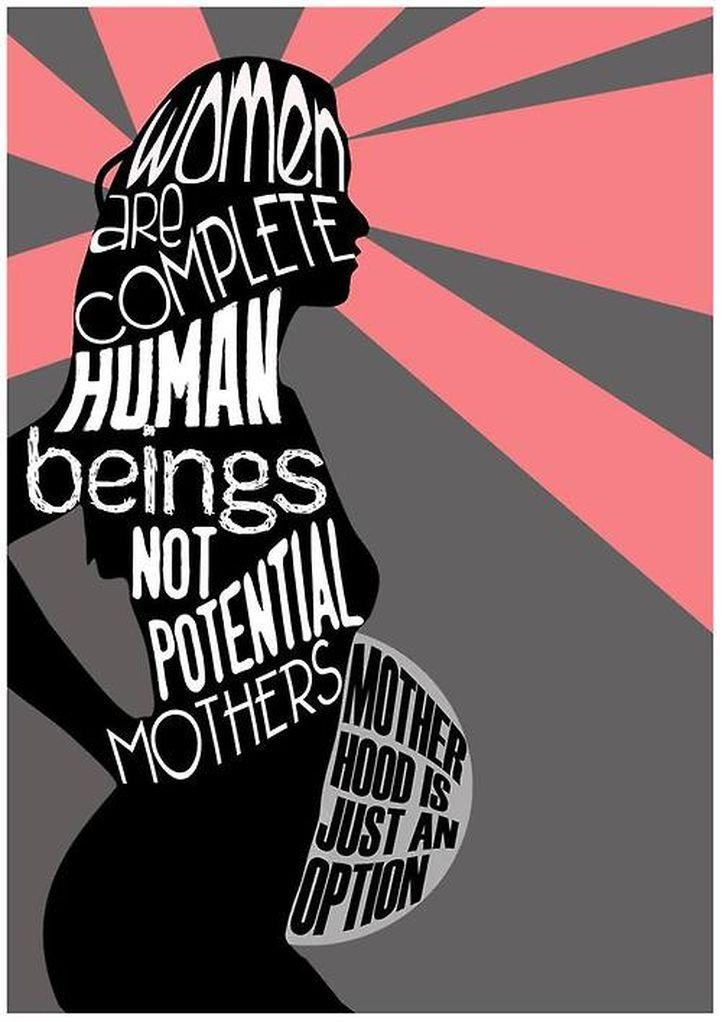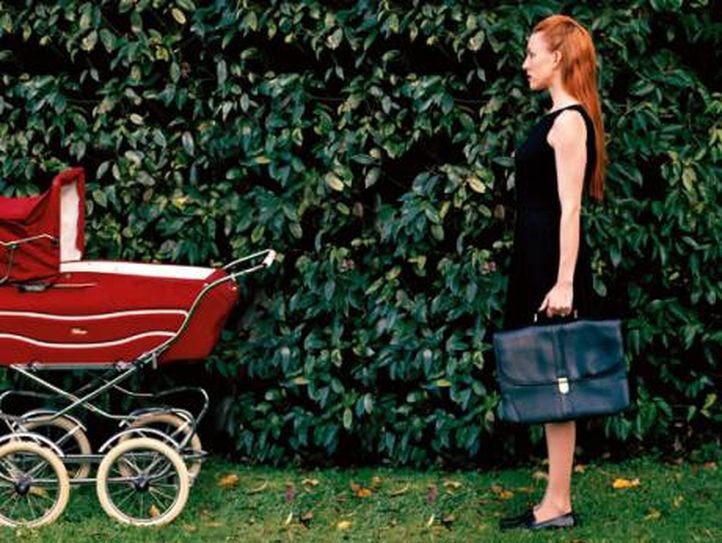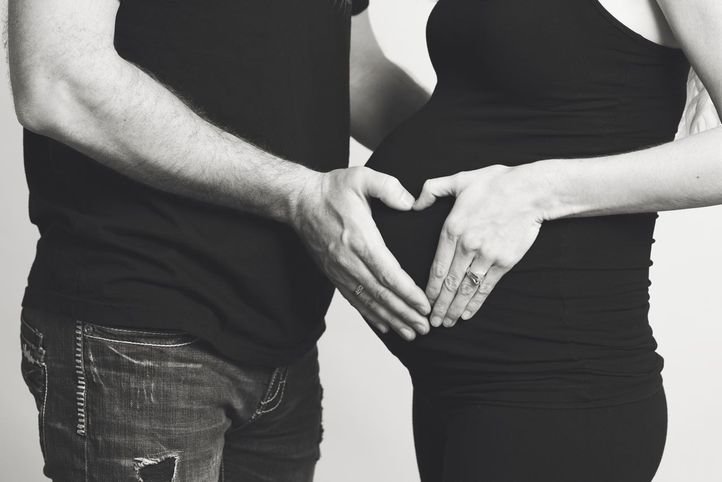We know we said previously that we will censor all comments that this
blog regularly receives as they often tend to be hostile and obscene.
But we realize now that this may not be completely wise. We, as
Suchismita Dasgupta said (amritaspeaks.com/tag/indian-woman-childfree-by-choice/) , after all are the new gay!! So why not also chronicle the reactions of those opposed?
Alas most of the gems were deleted in disgusted haste. Just very few managed to escape our notice and are being presented here to provide some entertainment and an insight into what kind of junk we routinely deal with. To authors whose names appear in the comments, please don't mind- or if you do please write in on childfreebychoiceindia@gmail.com and we will promptly remove the offending comment.
Have fun!
Alas most of the gems were deleted in disgusted haste. Just very few managed to escape our notice and are being presented here to provide some entertainment and an insight into what kind of junk we routinely deal with. To authors whose names appear in the comments, please don't mind- or if you do please write in on childfreebychoiceindia@gmail.com and we will promptly remove the offending comment.
Have fun!
Wow..it
surprises me when a bunch of sex crazy lazy bums feel proud and
consider themselves to be of an elite league by being childless..Most of
you are what you are because you are into cuckolding,partner
swapping,group sex orgies and/or have impotent partners. on Childless by Divine Protection! By Kim Menier
|
Anonymous
|
on 03/04/16
|
You
became mental because you indulged in too much sexual orgy.you felt
your sexual orgies will be affected by having a child.shame on you on Childfree by Choice- Indrani Mukherjee ((Published in Tehelka Magazine, Volume 12 Issue 40, Dated 3 October 2015))
|
Ravi Banerjee
|
on 01/04/16
| |
so
you want to marry just for sex.shame on you..I think you are
impotent.You are trying to hide the fact by proclaiming you want to be
child free. on Being CFC- A Man's Perspective - Abhishek Purohit
|
Prathik
|
on 08/07/15
| |
Most of CFC couples here are big time into swinging and cuckolding.hope you guys dont get ebola,aids,gonorrohea and syphilis on Though I am all for childfree life, at times it scares me ....
|
Vanniyar
|
on 20/11/14
| |
Ravi Raj
|
on 09/11/14
| ||
I
am doing a social service for child free couples.Hi,
I am Sandeep, hot, handsome, 6 feet height, athletic body with fat long
cock. I am looking for girls/ladies for all kinds of sex funs. I can
indulge in all kind of sex funs that females like and you will feel the
orgasm that you never had in your life. Bi-sexual guys/gay/homos please
stay away, dont waste your time.
Contact me on 8050380357, or just mail me on rahulmj03 at gmail
Thanks on Though I am all for childfree life, at times it scares me ....
|
Rahul
|
on 01/11/14
| |
The
fact is female who opt for a CFC lifestyles are lazy immoral and loose
character females.they should buy carrot ,radish or better drum stick
than getting married on To The Women Who Choose Not To Have Kids- Abby Rosmarin
|
Anonymous
|
on 21/09/14
| |
You
should have really married a dog to live such a doggy life. You think
she is a great intellectual but in reality her intellectual
level is same as the polka 'dog' on When you get asked the same question again and again and again…..
|
Anonymous
|
on 08/09/14
| |
CFC
couples should be castrated with hot iron rod so that they never get
the feeling to have sex.CFC couples should be fired from their jobs and
they should not be allowed to own any land on To The Women Who Choose Not To Have Kids- Abby Rosmarin
|
Anonymous
|
on 23/08/14
| |
I want to know what is the favorite birth control technique used by CFC couples on The Curious Case Of Vimalsha
|










